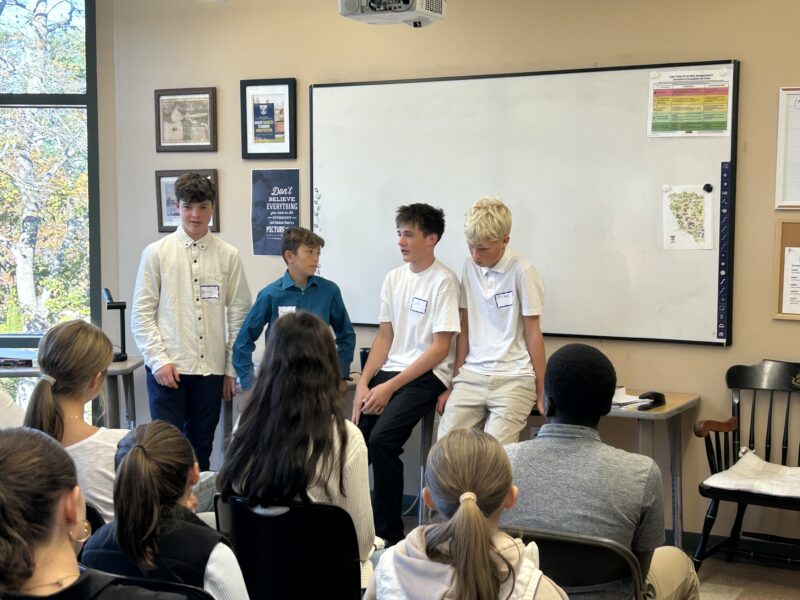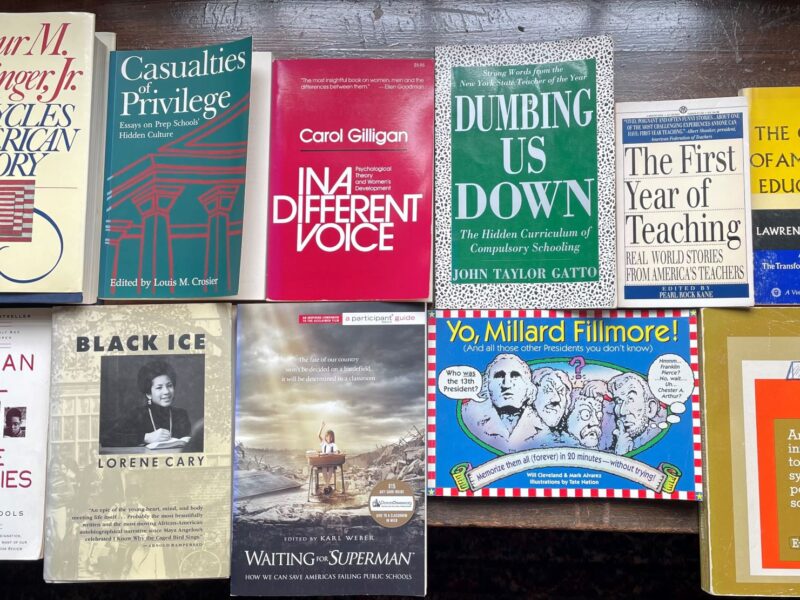Back in college, I wondered if something was wrong with me because of my choice of major: history. I majored in it for one reason: I liked it.
In “History for Dollars,” New York Times columnist David Brooks comments on a “nearly 50% drop in the portion of liberal arts majors over the past generation” and predicts that this trend will accelerate. He doesn’t like it. Neither do I.
For one thing, Brooks notes that the liberal arts will teach you how to read and write: “You will have enormous power if you are the person in the office who can write a clear and concise memo.”
For another, “Studying the humanities will give you a familiarity with the language of emotion. In an information economy, many people have the ability to produce a technical innovation: a new MP3 player. Very few people have the ability to create a great brand: the iPod.”
Halfway through the article, Brooks makes his main point: “Finally, and most importantly, studying the humanities helps you befriend The Big Shaggy.” Huh?
While I’m not sure I fully get it myself, Brooks writes, “Over the past century or so, people have built various systems to help them understand human behavior: economics, political science, game theory and evolutionary psychology. These systems are useful in many circumstances. But none completely explain behavior because deep down people have passions and drives that don’t lend themselves to systemic modeling. They have yearnings and fears that reside in an inner beast you could call The Big Shaggy.”
There’s a negative side of the Big Shaggy: – “…when a governor of South Carolina suddenly chucks it all for a love voyage south of the equator” or “when self-destructive overconfidence overtakes oil engineers in the gulf.”
There’s also a positive side as “this tender beast is also responsible for the mysterious but fierce determination that drives Kobe Bryant, the graceful bemusement the Detroit Tigers pitcher Armando Galarraga showed when his perfect game slipped away, the selfless courage soldiers in Afghanistan show when they risk death for buddies or a family they may never see again.”
Brooks suggests that “technical knowledge stops at the outer edge. If you spend your life riding the links of the Internet, you probably won’t get too far into The Big Shaggy.” His concluding sentence is even stronger: “If you’re dumb about The Big Shaggy, you’ll probably get eaten by it.”
I dunno, but Brooks makes me feel that when I was back in college, maybe I knew what I was doing all along.
Onward, Malcolm Gauld


